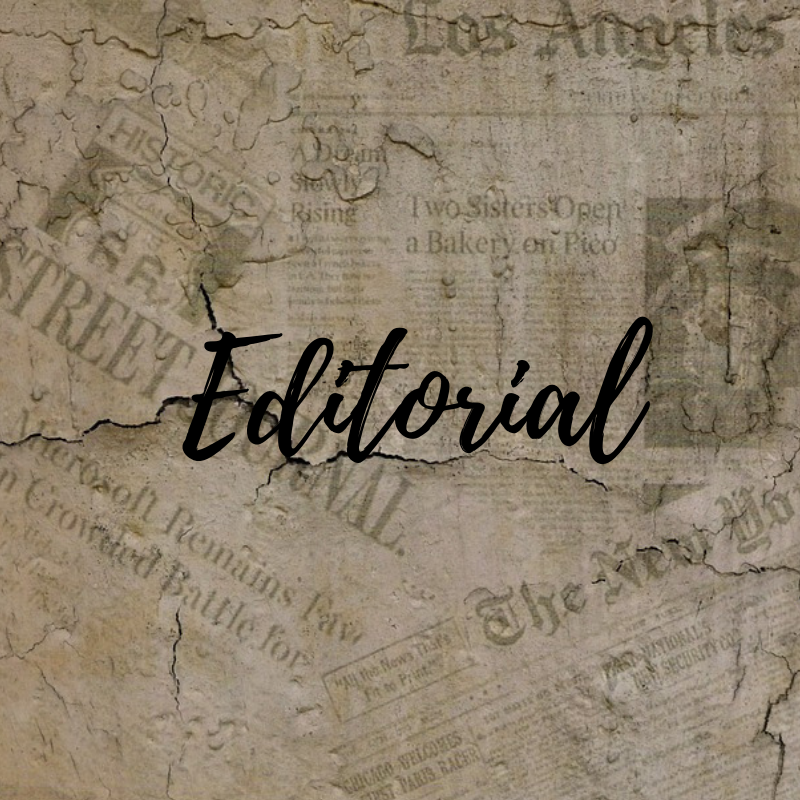A Fox News reporter was forced to make a decision several years ago: obey a court order or go to jail. The reporter, Jana Winter, said she’d rather go to jail indefinitely than follow the court order. What would make her want to risk jail time?
Here’s what happened. A few years earlier, a man named James Holmes opened fire in a movie theater in Denver, killing 12 people. He then pleaded “not guilty,” claiming that he was insane.
However, Winter, while working on an article about the shooting, discovered that Holmes had sent his psychiatrist a notebook detailing the upcoming attack. Obviously, this proved that the murder was premeditated.
But when the courts ordered Winter to reveal her sources, she refused, trying to protect her sources from potential punishment for their actions and trying to keep her promise of confidentiality to them.
Countless other stories have surfaced like this one, where journalists faced jail time for refusing to reveal their sources—Josh Wolf, jailed for over a month in 2006; Judith Miller, jailed for 85 days in 2005; Vanessa Leggett, jailed for 168 days in 2001 and more, according to a Reporters Committee article, “Paying the Price: A Recent Census of Reporters Jailed or Fined for Refusing to Testify.”
The current confidentiality laws state that journalists must follow through with any promises that they give their sources—for example, promising confidentiality. But at the same time, they must also reveal their sources when a court orders them to do so.
The problem is that these two laws contradict, and either choice causes problems. The Society of Professional Journalists puts it this way: “Keep your promise not to identify a source . . . and it’s possible to find yourself facing a grand jury, a judge and a jail cell. On the other hand, break your promise . . . and it’s just possible you might find yourself on the receiving end of a lawsuit.”
When put in a situation like this, journalists either risk lawsuits (and sometimes their jobs) or risk jail time or fines. Why does this matter to non-journalists, though?
Current confidentiality laws don’t just affect journalists but also affect the public. Current laws interfere with the ability to gather accurate news, meaning that the public might not learn about important news.
Sometimes, journalists depend on confidential sources for important information; for example, we wouldn’t know about Watergate or NSA spying on U.S. citizens without people coming forward anonymously. Sometimes, like in those two examples, people require confidentiality in order to be protected or to avoid embarrassment.
When sources are unsure if a journalist will be able to keep them anonymous, fewer people will come forward with information. This could result in people not learning important information about some events.
Reporter Jana Winters ended up evading jail time because she was able to appeal to a higher state court. But not all states have loopholes like this in place, and because of it, journalists and the general public sometimes suffer. However, a shield law protecting journalists and their confidential sources would benefit everyone.
By all means, journalists should reveal their sources when it comes to life and death situations or national security matters. But in all other cases, a shield law should allow them to keep their sources confidential.
Not only does this protect journalists and their sources, but it also makes sure that the public receives all the important information they need.

























































